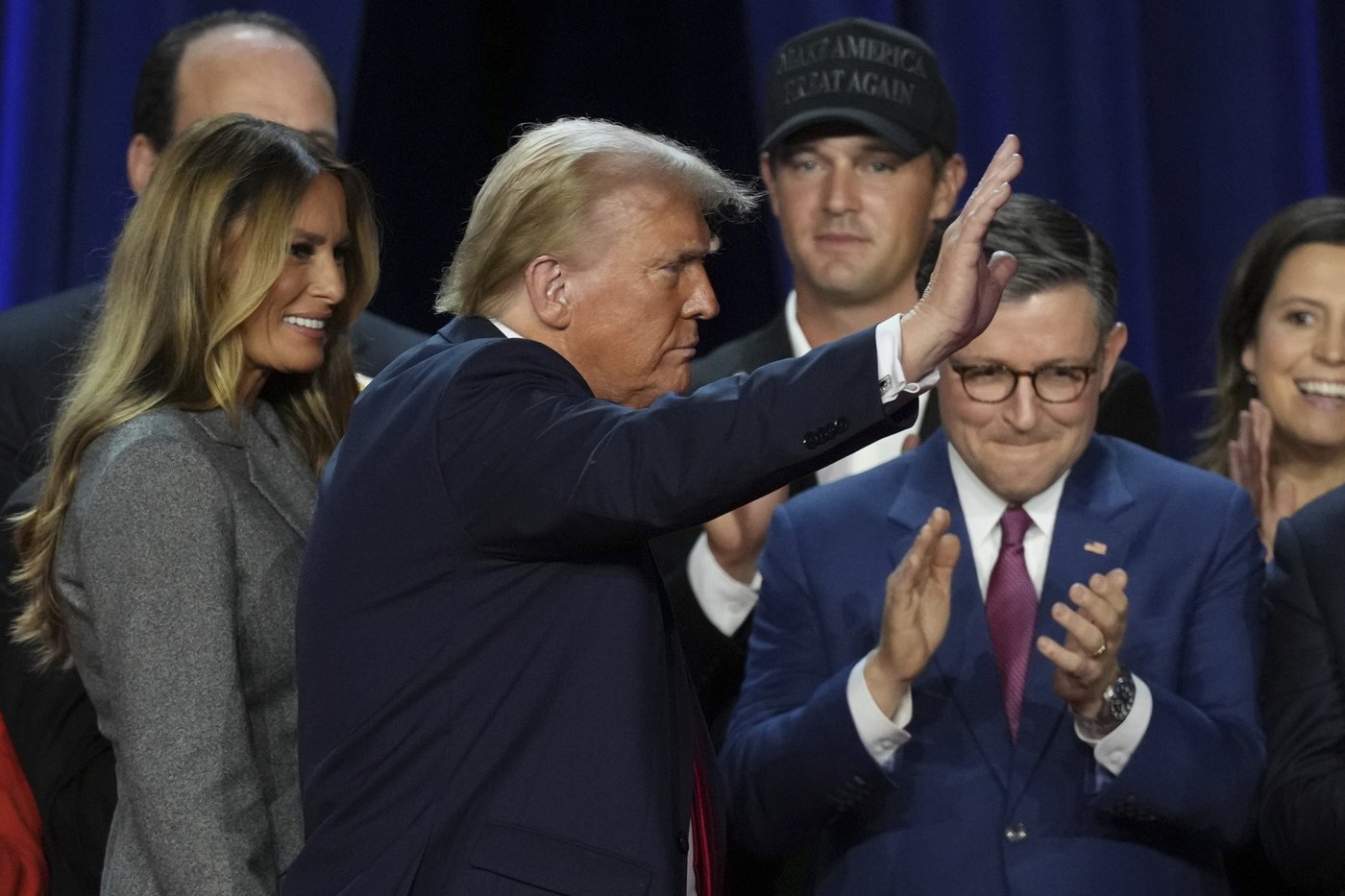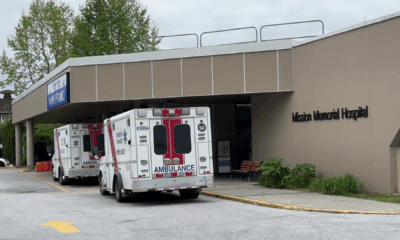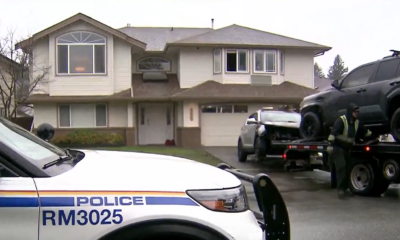Local News
B.C. polling expert says Democrats at fault for Trump’s win

As U.S. election results rolled in late Tuesday night, many Democrats may have found themselves wondering, “What went wrong?”
An expert from the Angus Reid Institute in Vancouver says Democrats are at fault for Donald Trump’s presidential win, citing lack of communication on key issues and lack of voter turnout as main factors.
The president of the Angus Reid Institute, Shachi Kurl, says Trump’s win was due to Kamala Harris’ struggle to convince voters that the United States’ economic standing is better than it was in 2020.
“This was clearly a rejection of the Democrats in the face of a very basic political question that was first developed and perfected by Ronald Reagan some 40 years ago, but has often been the ballot question in elections around the world, ‘are you better off, or are you worse off than you were four years ago?’” Kurl said.
Although there are macroeconomic indicators that the country’s economy is doing better, Kurl explains Americans weren’t seeing the growth.
“When people do not feel like they’re doing better, they take that as, ‘overall the economy is not doing better,’ and it has a significant driving impact on how people vote,” she said.
No ‘crystal ball’ to predict election outcomes: Kurl
Kurl says although polling is a science, there’s no exact way to predict how the polling will go.
“It’s not crystal ball fortune telling, and we knew it was going to be tight. Even as recently as yesterday afternoon, people asked me what was going to happen. And my response is, ‘It was too close to call.’”
She says there are many unpredictable variables like how swing states will break, or the resounding turnout of Latino men voting for Trump. She said the variables can lead to a lack of pre-polling information, making predictions tricky to call.
“There are always evolving challenges in terms of respondent contact, and when you’re dealing with demographics that are lower-education, who may have been told by their candidate that you can’t trust polls, [or] who may not have English as their first language; those are always things that you’re you’re trying to deal with and correct for,” said Kurl.
In Canada, she says it’s still unclear if the federal parties will come together despite their differences, in order to properly work with the U.S.












